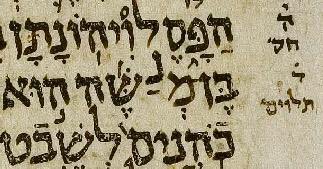
Bible & ancient languages. https://t.co/I3tv2flLD6 Principal @Tyndale_House Cambridge. Tweets personal.
24 subscribers
How to get URL link on X (Twitter) App



 I had not expected to find on the same grave the 7 year-old-daughter of James Hope Moulton, whose grammar I will never read quite the same way again.
I had not expected to find on the same grave the 7 year-old-daughter of James Hope Moulton, whose grammar I will never read quite the same way again. 

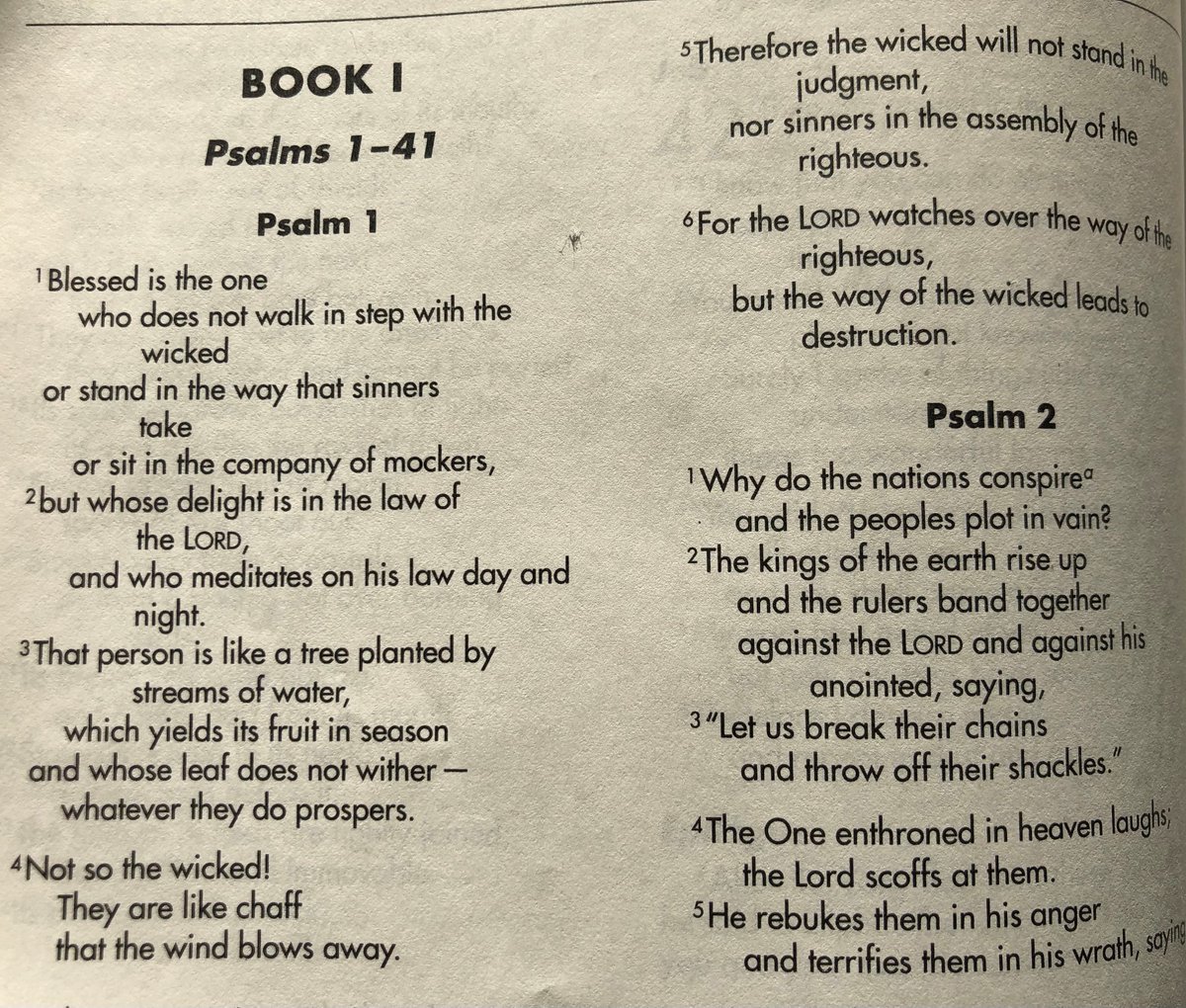

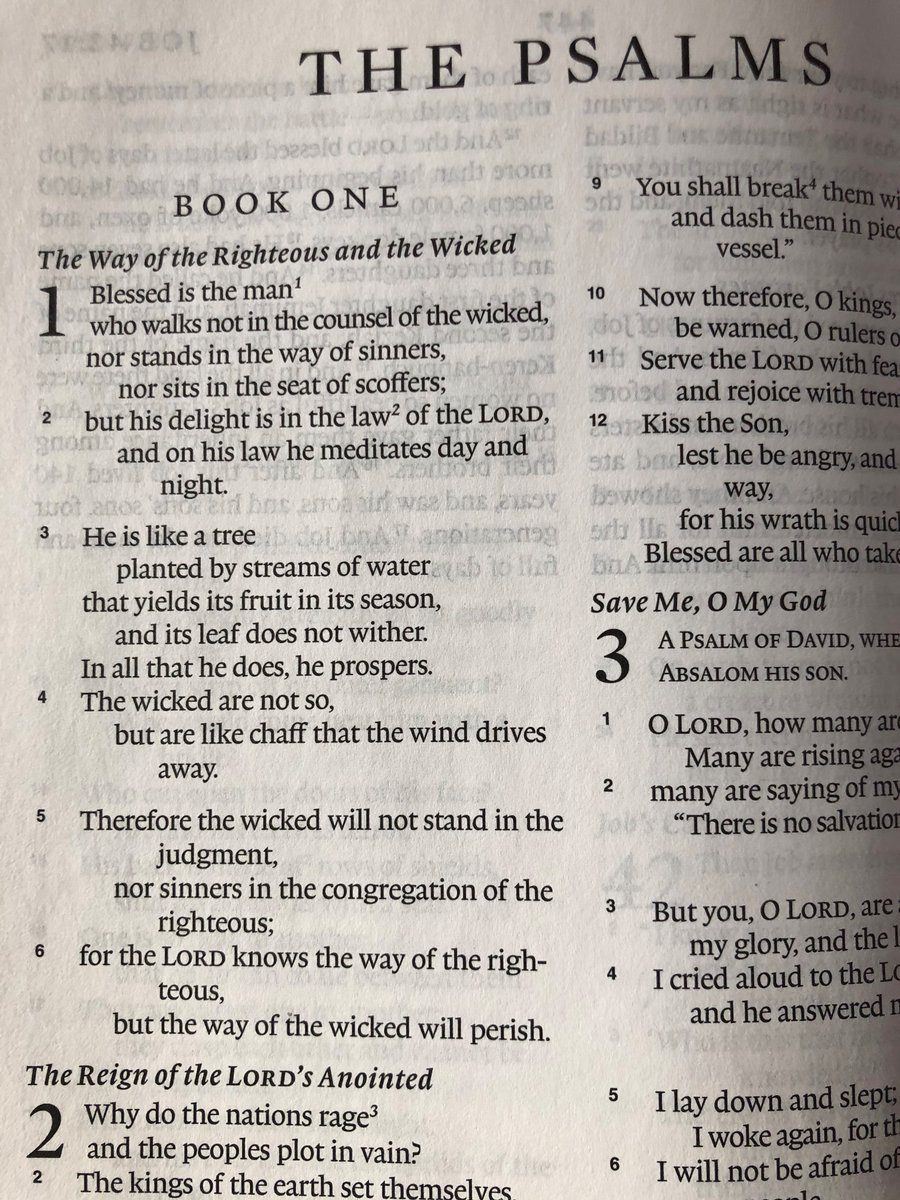 Whichever of these is better (or neither), it’s worth knowing that translations usually aren’t following ancient manuscripts.
Whichever of these is better (or neither), it’s worth knowing that translations usually aren’t following ancient manuscripts.
 These versions have Luke 15:4 as question & 15:5-7 as statement.
These versions have Luke 15:4 as question & 15:5-7 as statement.https://twitter.com/DrPJWilliams/status/1055596001648615425
https://twitter.com/DrPJWilliams/status/1273622358675292162
https://twitter.com/DrPJWilliams/status/1056688801232371712Genesis 9 (Noah & wine)
https://twitter.com/DrPJWilliams/status/1057424662588809217
https://twitter.com/DrPJWilliams/status/1138577457685192705
https://twitter.com/DrPJWilliams/status/1276649632500781056
https://twitter.com/DrPJWilliams/status/1276950378525995008
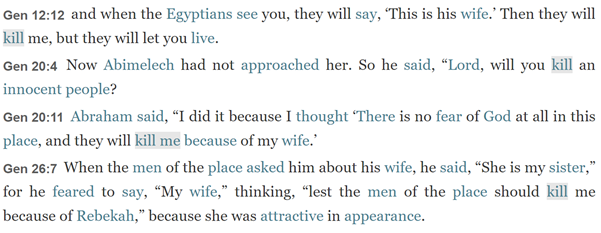
 The narratives are also united by the rebuke of the pagan king to the patriarch:
The narratives are also united by the rebuke of the pagan king to the patriarch:
 River 1 has 2x the words of River 2.
River 1 has 2x the words of River 2.https://twitter.com/DrPJWilliams/status/1163595483195092993When exactly did she die?
https://twitter.com/DrPJWilliams/status/1163606528827543553

https://twitter.com/JeremyTreat5/status/1256349934346891264Although 5/6 are followed by 'siblings' & mean the same, no two are alike in Greek:
https://twitter.com/DrPJWilliams/status/1180465021345816579Both books begin with Ephrathites/Ephraimites (Ruth 1:1 & 1 Sam 1:1)
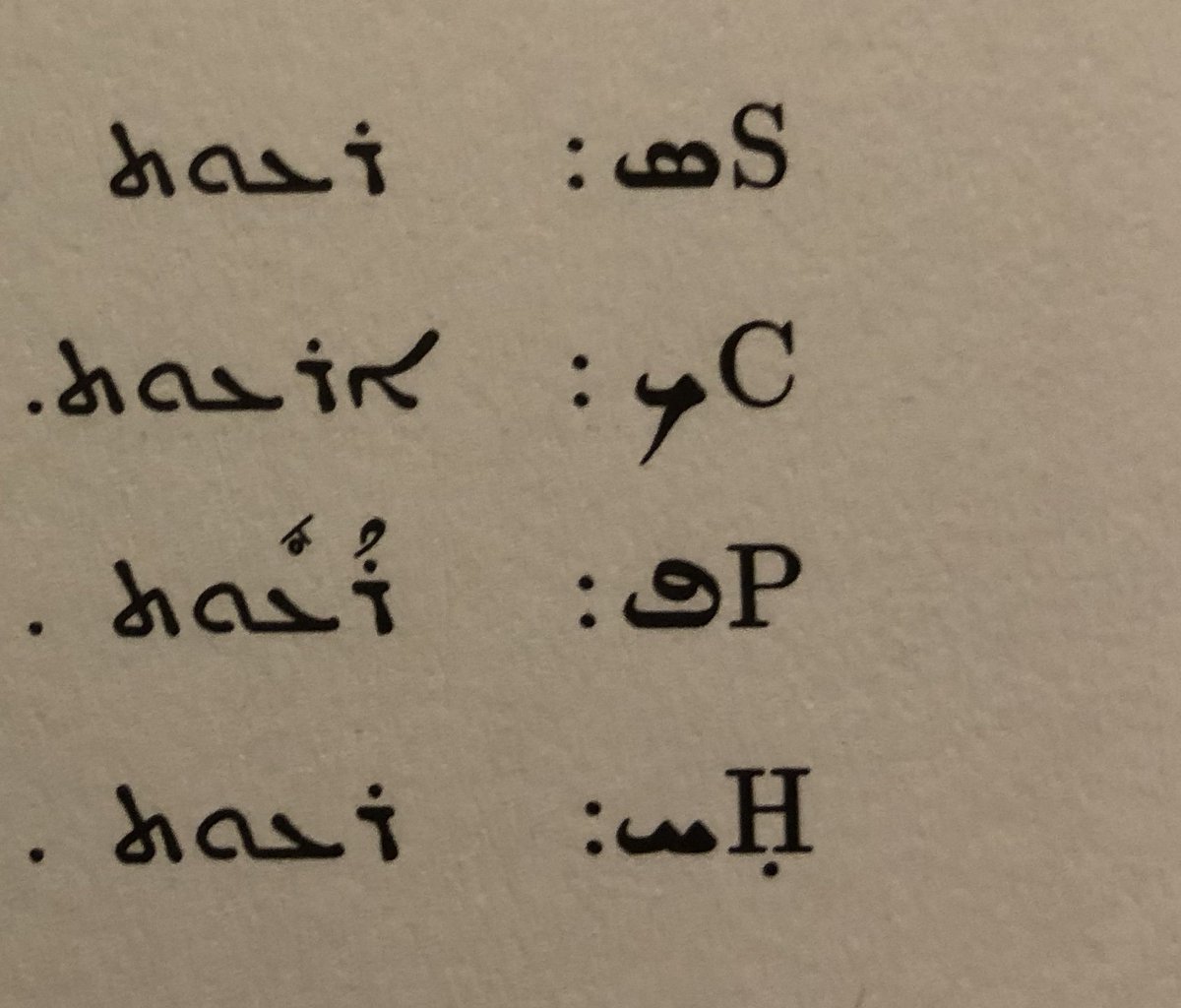
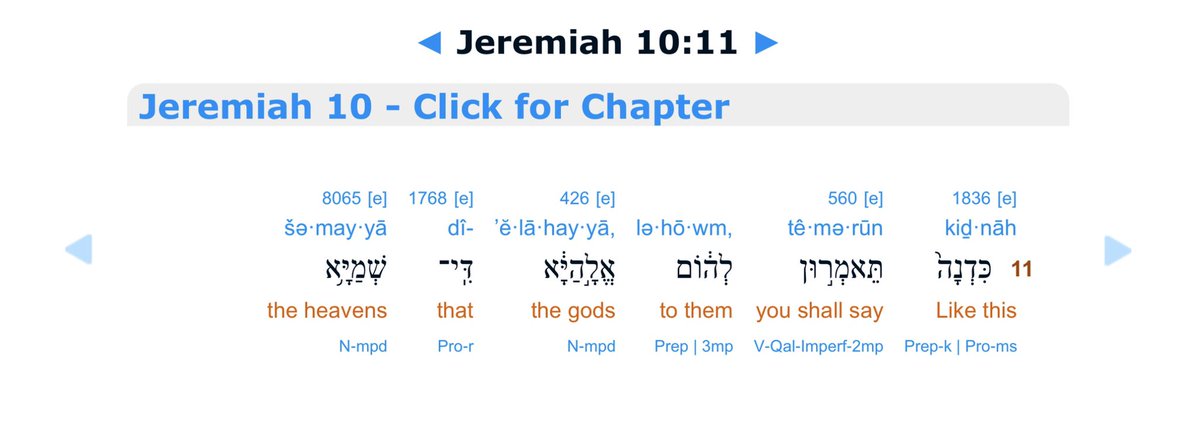

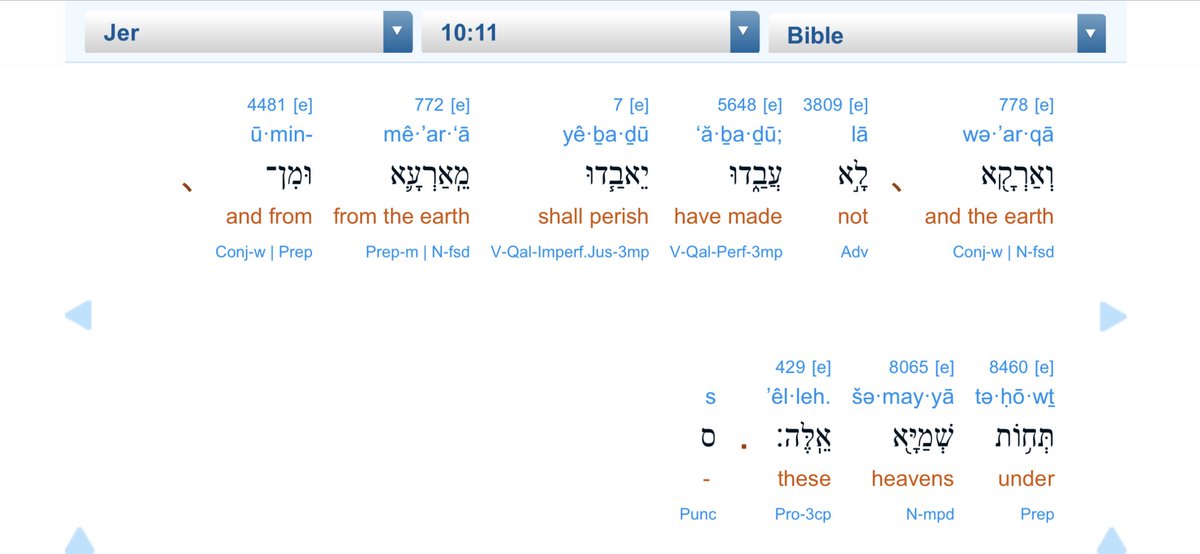

 The 2 title version certainly sticks in the mind after hearing Handel’s beautiful ‘For unto us a child is born’, here with the @londonsymphony
The 2 title version certainly sticks in the mind after hearing Handel’s beautiful ‘For unto us a child is born’, here with the @londonsymphony


